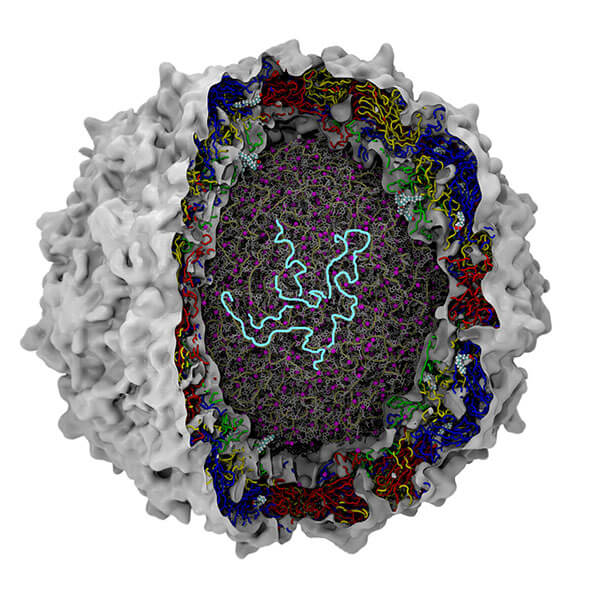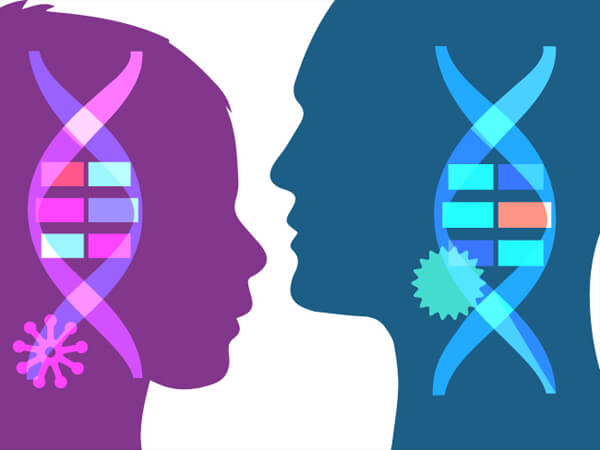| New from NCI |
| Oncolytic Virus Therapy: Using Tumor-Targeting Viruses to Treat Cancer |
 |
|
A small but growing number of patients with cancer are being treated with viruses that infect and kill tumor cells. Research now suggests that these treatments also work against cancer by spurring an immune response. |
| TARGET Study Finds Differences between Childhood and Adult AML |
 |
|
The findings could help guide the development of treatments tailored specifically for childhood acute myeloid leukemia (AML). |
First Treatment Approved for Metastatic Breast Cancer with Certain Genetic Changes
The Food and Drug Administration (FDA) has approved the first treatment for people with metastatic breast cancer who have certain hereditary genetic changes in the BRCA1 or BRCA2 gene. Learn about the research that led to this approval. |
BRCA Mutations: Cancer Risk and Genetic Testing
Women who inherit changes in the BRCA1 or BRCA2 gene have a higher risk of breast and ovarian cancer. This updated fact sheet explains the role of genetic testing, what the results of these tests might mean, and how the information from these tests can help women make health decisions. |
| Gut Bacteria May Influence Whether Immunotherapy Works |
 |
|
Three new studies in mice have identified intestinal bacteria that appear to affect the response to checkpoint inhibitors. Researchers think these findings could be used to improve patients' responses to these immunotherapy drugs. |
New Targeted Therapy for Neuroendocrine Tumors
FDA has approved the first radioactive drug for adults with advanced neuroendocrine tumors that affect the pancreas or gastrointestinal tract.
|
| PDQ Summary Updates |
Endometrial Cancer Treatment
We’ve revised our PDQ summary on endometrial cancer with updated information on factors that increase the risk of getting this disease.
|
| Drug Information Updates |
New Drug Approved for Neuroendocrine Tumors
We’ve added a new drug information summary for lutetium Lu 177-dotatate (Lutathera), which was recently approved by FDA to treat certain types of neuroendocrine tumors.
|